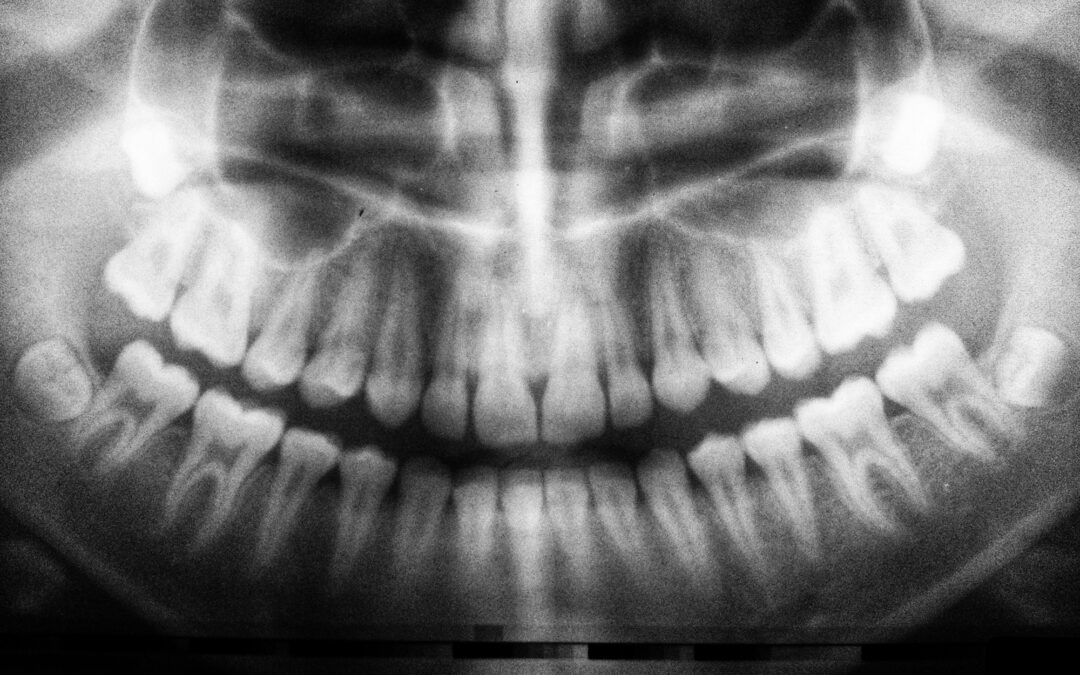We all know that taking care of our oral health is important, but many of us tend to overlook certain warning signs that could indicate a problem. One such sign is bleeding gums. While it might seem like a minor inconvenience, bleeding gums can be a red flag for underlying dental issues that require immediate attention. In this blog, we will explore the potential causes of bleeding gums and why you should never ignore this seemingly harmless symptom.
1. Gingivitis
The most common reason for bleeding gums is gingivitis, a mild form of gum disease. Poor oral hygiene, including regular brushing and flossing, can lead to the buildup of plaque along the gum line. Over time, this plaque hardens into tartar, which irritates and inflames the gums, causing them to bleed. Gingivitis might not initially cause pain, which is why it often goes unnoticed until the bleeding becomes evident. Ignoring gingivitis can lead to more severe gum disease, which may result in tooth loss and even affect your overall health.
2. Hormonal Changes
In some cases, hormonal changes can lead to bleeding gums, especially during pregnancy or puberty. The increase in hormones can make the gums more sensitive to plaque, exacerbating the risk of gingivitis. If you’re pregnant or going through hormonal changes, it’s essential to maintain excellent oral hygiene and schedule regular dental checkups to prevent any potential complications.
3. Medications and/or Medical Conditions
Certain medications, such as blood thinners, can contribute to bleeding gums. Additionally, certain medical conditions like leukemia, hemophilia, and vitamin deficiencies can also cause gum bleeding. If you’re taking any medications or have a medical condition, be sure to inform your dentist during checkups, as they can adjust your oral care routine accordingly and monitor your oral health closely.
4. Brushing Too Hard
While regular brushing is crucial for oral health, brushing your teeth with too much force can harm your gums, as it can cause the gum tissue to become inflamed and bleed. Remember to use a soft-bristled toothbrush and gentle circular motions when brushing your teeth. Applying excessive force can wear down enamel and damage your gums, leading to more significant dental issues.
5. Warning Signs for Systemic Diseases
Believe it or not – bleeding gums can be an early indicator of certain systemic diseases like diabetes and cardiovascular issues. Studies have shown that there may be a link between gum disease and these conditions. By paying attention to bleeding gums, you might catch the presence of an underlying health issue and take prompt action to manage it effectively.
The Importance of Good Oral Hygiene and Regular Dental Checkups
In conclusion, bleeding gums should never be taken lightly. They are often the first sign of potential dental issues that can have far-reaching consequences if left untreated. Good oral hygiene, including brushing, flossing, and using mouthwash regularly, is essential to prevent plaque buildup and reduce the risk of gum disease. Moreover, scheduling regular dental checkups allows your dentist to identify any oral health problems at their early stages, making treatment less invasive and more effective.
Remember, a healthy mouth is crucial for overall well-being. If you are looking for a dependable dentist in the Central Arkansas area, look no further than Dr. Tina Nichols, DDS, located in Little Rock! With over 20 years of experience in the dental field, Dr. Nichols has the expertise and skills to meet all your oral health needs with the highest level of efficiency. Don’t delay any longer; schedule your appointment today by contacting us at (501) 664-7444!


Recent Comments